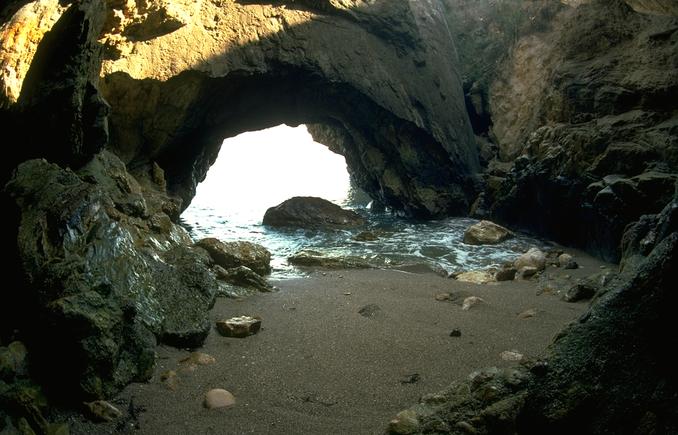
When
she returns to the cave with this information, no one believes her.
Their entire way of life is based on this shadow version of reality.
They praise and honor those who can best interpret the shadows, see them
the most clearly and describe them to others. She has come back into the
dark and, because her eyes are now adjusted to the light, she can no
longer even see their shadows. This leads the others to believe that the
only true result of leaving the cave is that one's sight will be ruined.
Her new knowledge is dismissed as crazy, delusional. Their distrust of
her new understanding of reality and the truth is such that if they
could move, they would kill her.
However,
do not feel sorry for her, for "[s]he certainly wishes to be 'serf
to another man without possessions upon the earth' and go through any
suffering rather than share their opinions and live as they do [that is,
the people of the cave]." I strongly identify with this former cave
dweller and her experience. She assures me that I have not lost my mind,
gone crazy. The more I contemplate this allegory, the more confident I
become that the culture in which I live is one big cave.
There is much about this allegory that relates to Maslow's Hierarchy of Needs. The two of them taken together help to define what it is that I mean by happiness.
© Salahub 2003